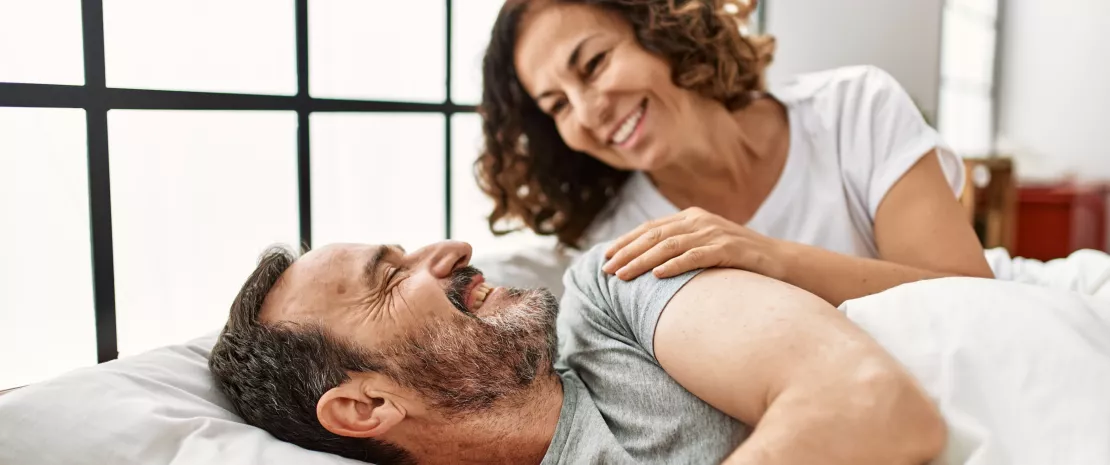Everything you need to know about sleep and microbiota
We all know how a bad night's sleep can ruin the next day, but what if your gut had something to do with it? More and more studies are looking into how the gut microbiota may play a role in sleep issues like insomnia, stress or even sleep apnea. When the gut is out of balance, it might interfere with how the brain regulates our sleep and wake cycle. Could looking after your microbiome help you sleep better? Let's take a closer look at what science is telling us.
- Learn all about microbiota
- Microbiota and related conditions
- Act on your microbiota
- Publications
- About the Institute
Healthcare professionals section
Find here your dedicated section
Sources
This article is based on scientific information
Created
27 June 2025
Updated
29 July 2025

About this article
Created
27 June 2025
Updated
29 July 2025
Is sleep connected to microbiota?
The secret to good sleep is in your gut!
Learn more
Is the gut microbiota the key to high-quality sleep?
Find out more
Tell me about your baby’s gut microbiota and I’ll tell you how well it sleeps
Learn more
Could the microbiota play a role in sleep-related problems?
Insomnia in the elderly: are gut microbiota to blame?
Find out more!
Sleep apnea: bacteria of the gut microbiota implicated
Learn more
Confirmed links between insomnia, microbiota, and inflammation?
Find out more!
Is there a link between microbiota, sleeping habits, and energy levels?
The surprising effect of coffee on the microbiota
Learn more
The early bird catches the best microbiota
Find out more!
A single bacterium is missing for you, and your whole body is tired
Find out more!
Sleep, mood and the gut-brain axis
In some cases, sleepless nights and episodes of insomnia could be related to psychiatric disorders. To learn more about how microbiota could influence brain health and mood, check the links below.
Tags















